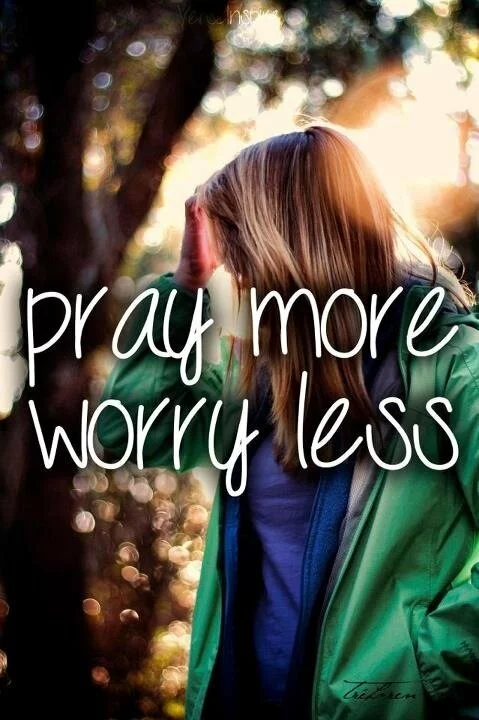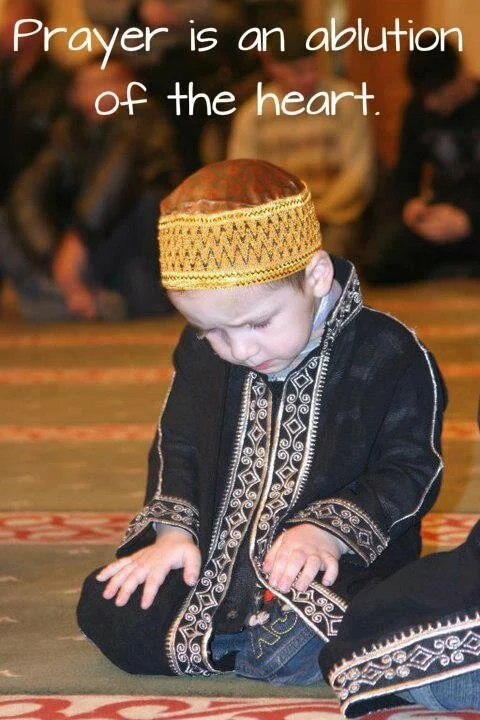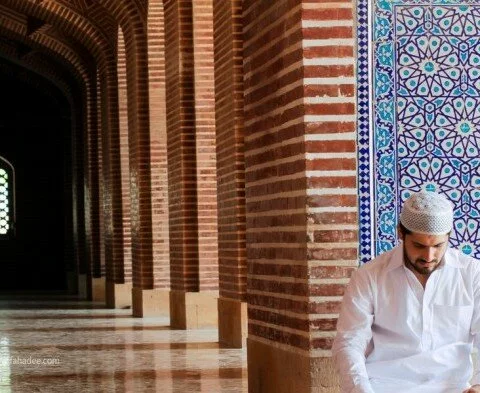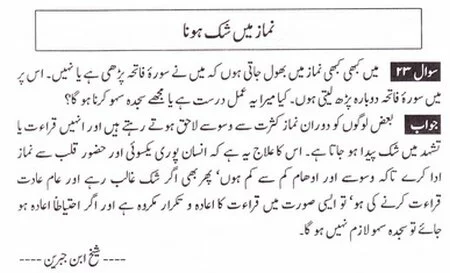 http://pinterest.com/lauralee12975/
http://pinterest.com/lauralee12975/
 http://pinterest.com/lauralee12975/
http://pinterest.com/lauralee12975/
The holy month of Ramadan is so blessed with Allah’s mercy and forgiveness that every moment of this month carries huge significance. However, even in this entirely blessed month, there are a few nights which take the lead. One such night is the Lail-at-ul-Qadr. The Lail-at-ul-Qadr is arguable the most important and blessed night of the year in Islam.
It occurs in the third decade or Ramadan. The importance of this night can be understood from the fact that in the Holy Quran, a whole chapter (Surah 97, Al-Qadr) is dedicated to this night. In this chapter, Allah tells the Muslims that the importance of this night alone is greater than that of a thousand months. The verses of this chapter are stated below:
“We have indeed revealed this (Message) in the Night of Power: And what will explain to thee what the night of power is? The Night of Power is better than a thousand months. Therein come down the angels and the Spirit by Allah’s permission, on every errand: Peace!…This until the rise of dawn!”
The exact night on which Lail-at-ul-Qadr occurs cannot be given definitively. There are different views regarding the dates of the nights among which this night has to be found. The Sunni Muslims believe that Lail-at-ul-Qadr lies in the odd nights of the last decade of Ramadan. This means that according to them, Lail-at-ul-Qadr is either the 21st or the 23rd or the 25th or the 27th or the 29th night of this holy month. The general belief is that this night lies on the 27th night of Ramadan.
The Shia Muslims believe that this night lies in the last ten odd nights of Ramadan, but the general belief is regarding the 19th or the 21st or the 23rd night, because the relation of these nights with the martyrdom of Hazrat Ali (R.A).
What makes Lail-at-ul-Qadr so special among all the nights? Lail-at-ul-Qadr is also the night in which the Quran was revealed. Muslims unanimously believe that the revelation of Holy Quran concluded in two different stages, the first of which was the revelation of the whole Quran from Allah to angel Jibrail. This first stage was completed in this night. Muslims also believe that the first verses of the Holy Quran were revealed to Prophet Muhammad (S.A.W) on this night.
Lail-at-ul-Qadr is known by various different names among Muslims. These names include the Night of Power, the Night of Measures, the Night of Value and the Night of Destiny. These names themselves suggest the significance associated with this night in Islam.
In view of the incredible importance of this night, Muslims engage themselves in worships and prayers all night. These prayers often seek Allah’s mercy and forgiveness, and ask Allah to grant the wishes of the believer.
Time Limit for the ‘Isha’ Prayer
There is the opinion deduced from taking the apparent (dhahir) meaning of the hadith about the middle of the night that was held by Ibn Hazm, ash-Shawkani, al-Albani, and others that the permissible time is till the middle of the night, beyond which it is forbidden to delay ‘Isha’.
Consider also what the major scholars of the four madhahib said:
Ibn Qudamah al-Maqdisi (Hambali) said in ‘al-Mughni’:
“What is more befitting – if Allah Wills – is that one does not delay it past the first third of the night. If he delays it past the middle of the night, this is permissible. What is beyond this is allowed only for necessity, and its ruling is the same as praying ‘Asr in the time of necessity (in the last portion of its allotted time)…Beyond this, the time of ‘Isha’ extends till the emergence of the second (true) Fajr.”
al-Kasani (Hanafi) said in ‘Bada’i’ as-Sana’i”:
“As for the last time for ‘Isha’, it is when the true time of Fajr comes in, according to us.”
Muhammad ‘Alish (Maliki) said in ‘Manh al-Jalil’:
“And the preferred time to pray ‘Isha’ ends with the first third of the night.”
an-Nawawi (Shafi’i) said in ‘al-Majmu”:
“What is preferred is to pray by the first third of the night. If this preferred time passes, we are left with the permissible time, which is till the time of the second (true) Fajr. This is the madhhab that has been narrated from ash-Shafi’i, and it is what has been clearcut from our companions, past and present.”
at-Tahawi (Hanafi) said in ‘Mushkil al-Athar’:
“So, the authenticity of these narrations has been established: that the time in which one can pray ‘Isha’ is from when the Sun sets, till the end of the night. However, this is divided into three categories:
a) from when it enters, to the first third of the night, and this is the best time in which to pray it, b) as for what is beyond this – till the middle of the night – this is less preferable than the first choice, and c) as for what is beyond the middle of the night, this is less preferable than the times before it.”
So, the four madhahib interpreted the relevant ahadith to mean that the time in which it is permissible to pray ‘Isha’ is till the time of Fajr, with the strong discouragement from delaying it past the first third of the night, let alone the middle of the night, unless one has a good excuse (such as illness, preoccupation with a task, etc.).
In conclusion, there is a difference of opinion as to whether the time limit is a matter of strict forbiddance, or merely one of preference. In any case, the safest thing to do is to not delay it past the middle of the night, as much as you are able.
And Allah Knows best.



